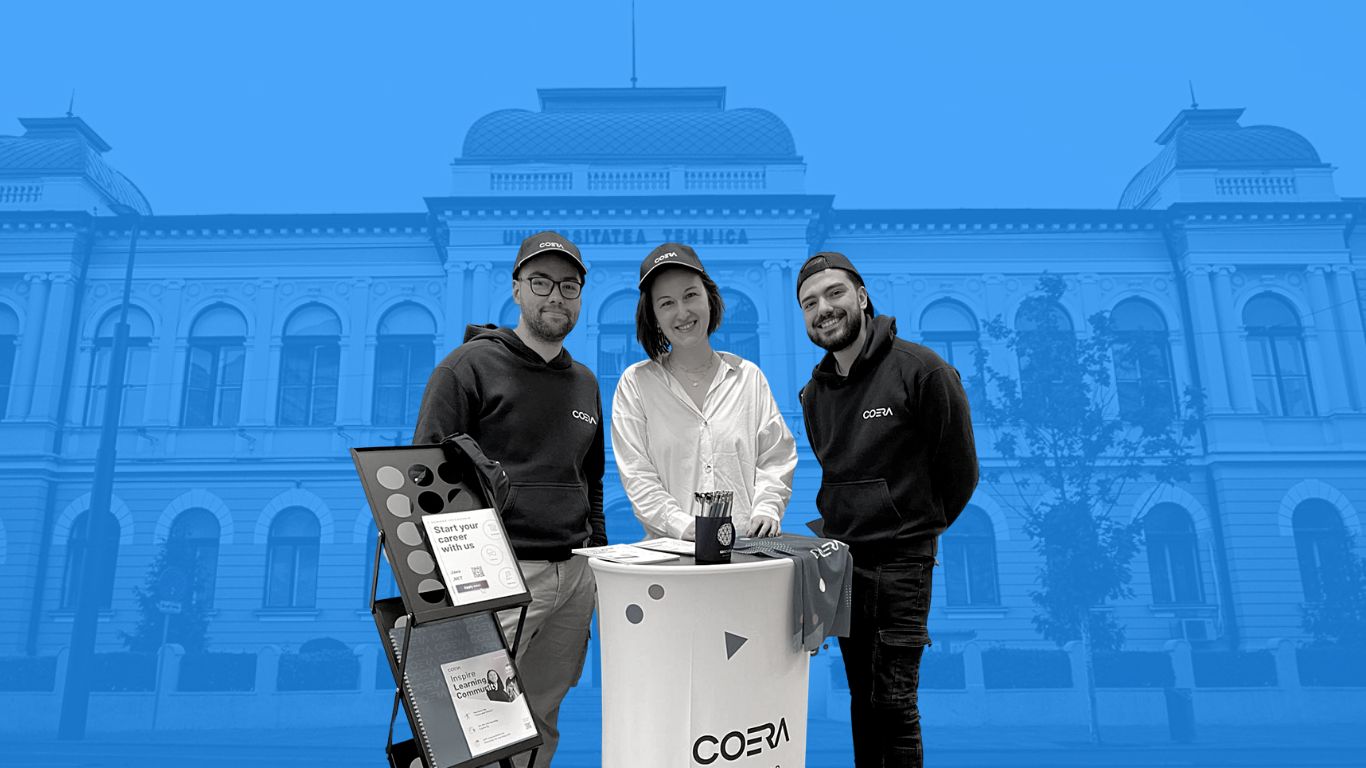In today’s blog post I thought to present a more familiar topic, the history of the Search Engines. Let’s see the timeline for the major events that shaped the search engines through time.
1945 : engineer Vannevar Bush wrote his article “As We May Think” in Tim magazine, urging scientists to create “a virtually limitless, fast, reliable, extensible associative memory storage and retrieval system”. He believed that humans need a big, easily accessible catalog that stores all the existing information;
1960 : Gerard Salton, came up with the idea of a smart engine—he developed an information retrieval system, which he named: Salton’s Magic Automatic Retriever of Text (SMART);
1960 : Ted Nelson, created Project Xanadu, as a computer network, with a simple user interface, able to solve a variety of social problems like attribution. He coined the term hypertext.
1969 : Advanced Research Projects Agency Network (ARPANET) was born as part of the US Department of Defense. It was a fast and secure computer network, allowing information transmission across long distances, utilizing rented telephone lines to convey military intelligence.
1990 : Alan Emtage created Archie, the first search engine, that was able to retrieve files from a database by matching user queries using regular expressions. Emtage also created the template indexing method that allowed Archie to index freely the titles of available or public domain documents, images, sounds and services on the network. He was shortly followed by two other search engines: Veronica and Jughead, with the task to index plain text files.
1991 : Tim Berners-Lee had created the World Wide Web, based on the concept of hyper-text, in order to facilitate sharing and updating information among researchers. The first web site included information about what it was and how anyone can set up a web server and own a browser.
1993 : the first spider was created; a bot called theWorld Wide Web Wanderer and it was created to measure how the web grew. It was then updated to capture active URLs and store them in a WANDEX (a database). Because it visited a hundred of websites a day it caused lags and crashes.
1993 : ALIWEB was created (in response to the wanderer), which stood for “Archie-like indexing of the Web”. She crawled meta information of pages, allowing owners to submit their sites to be included in the search index with the description of their webpages.
1993 : Jumpstation was created to collect titles and headers using simple linear search; then the WWW Worm, which indexed titles and URLs but listed the results sequentially (in the order they were discovered); finally the Repository Based Software Engineering spider (RBSE) which lacked any sort of ranking system. The major problem with all these search engines was, that the searcher had to know exactly what they were looking for.
The later creators of Yahoo made the so-called David and Jerry’s Guide to the World Wide Web, which allowed users to click around this directory and discover new information and websites.
In the meantime, Excite was launched and a competition with Yahoo started, which eventually led to turning the web into a war-zone filled with spammy mails and paid advertisement.
Soon enough Larry Page and Sergey Brin created anew search engine, which we know as Google today.
Google thinks that the websites have a popularity contest: the more popular a site is, the more people link to it as a way of recommending it to others. This means that the more links a website has, the better it is and the better it should rank in the new search engine. This is the major part of Google’s algorithm, called Page Rank. Back then, all you, as a website owner, had to do was to have more links than your competition.
It was Bill Gross, who realized that searchers type in specific keywords when they try to find something. He realized that if businesses created customized ads focusing on specific keywords, they could reach more people. For example, Nikon might pay a huge amount of money to be found whenever someone typed in “camera”. In 1998 he launched his site, Overture, which was based on sponsored links.
2000 : Google released AdWords, very similar to Overture, but with one major difference: they separated organic search results from paid search results, resulting in a more user-friendly search experience.
This is all I’ve got for you today, see you next time when we continue to explore the world behind!









